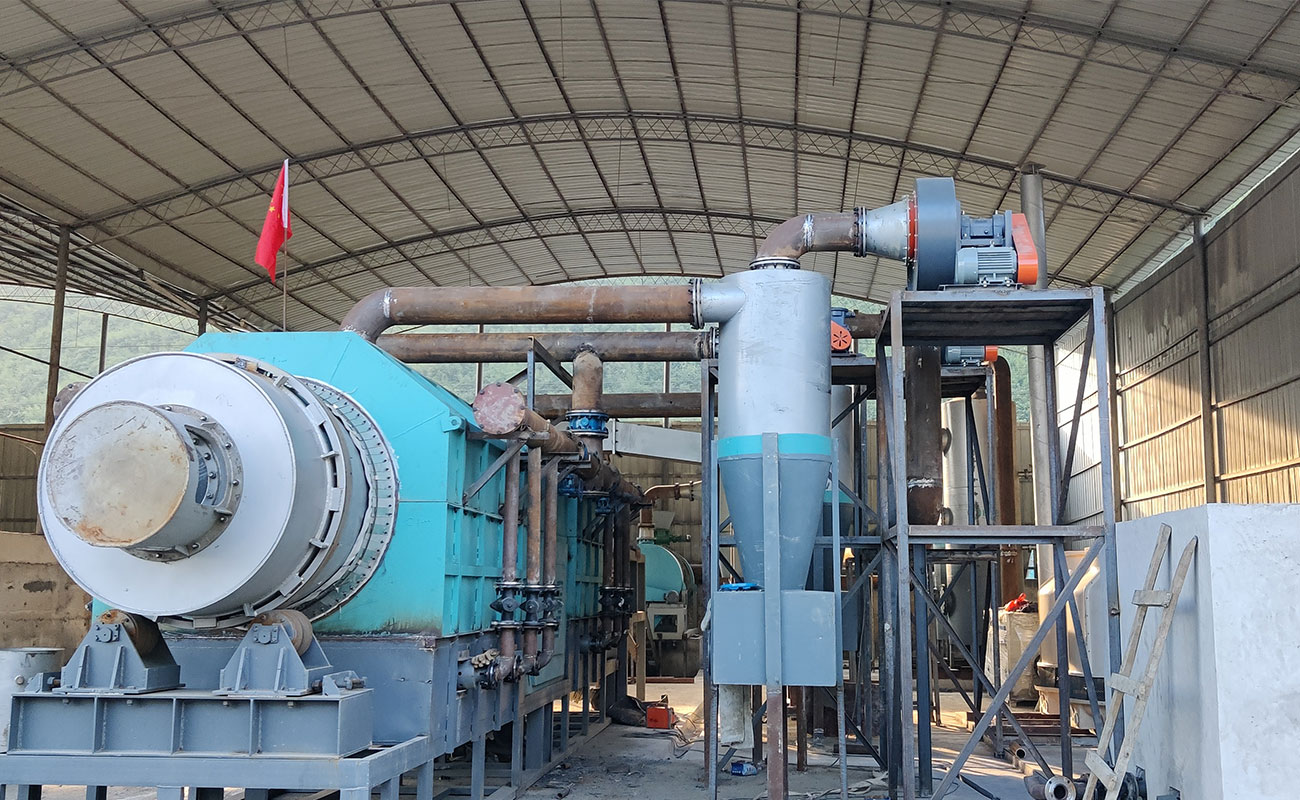Charcoal machines are becoming increasingly popular in Latin America, as more and more businesses and individuals seek sustainable and efficient solutions for biomass waste management. The scope of use of charcoal machines in Latin America is broad and includes a variety of industries and applications.
Firstly, charcoal machines are widely used in the agriculture industry. Many farmers and agricultural businesses (solución de Beston Group) in Latin America produce large amounts of biomass waste, such as rice husk, straw, and coconut shells, which can be converted into high-quality charcoal using a charcoal machine. The charcoal can then be used as a soil amendment or fuel for cooking and heating, reducing the reliance on traditional fossil fuels and improving soil fertility.

Secondly, charcoal machines (planta de pirólisis de biomasa) are commonly used in the forestry industry. In Latin America, many forests are managed sustainably, which involves removing dead or diseased trees and branches. These materials can be converted into high-quality charcoal using a charcoal machine, reducing waste and generating a valuable resource for industries that use charcoal as fuel or as a raw material for the production of activated carbon.
Thirdly, charcoal machines are used in the manufacturing industry. Many manufacturers in Latin America use charcoal as a fuel for their production processes, such as in the production of steel, cement, and ceramics. By using a charcoal machine to produce high-quality charcoal, manufacturers can reduce their reliance on traditional fossil fuels and improve the sustainability of their operations.
Fourthly, charcoal machines (hornos para hacer carbón vegetal) are used in the food industry. In Latin America, many street food vendors and restaurants use charcoal for cooking, particularly for grilling meats and vegetables. By using high-quality charcoal produced by a charcoal machine, these businesses can ensure that their food is cooked evenly and has a consistent flavor, while also reducing their carbon footprint.
Finally, charcoal machines are used in the household sector. In many rural areas of Latin America, households rely on traditional biomass fuels, such as wood and charcoal, for cooking and heating. By using a charcoal machine to produce high-quality charcoal, households can reduce their reliance on traditional fuels and improve indoor air quality, which can have significant health benefits.
In conclusion, the scope of use of charcoal machines in Latin America is broad and diverse, including the agriculture, forestry, manufacturing, food, and household sectors. By using a charcoal machine (https://www.bestoneco.com/maquina-para-hacer-carbon-de-cascarilla-de-arroz/) to convert biomass waste into high-quality charcoal, businesses and individuals in Latin America can improve the sustainability of their operations, reduce waste, generate valuable resources, and contribute to sustainable development.